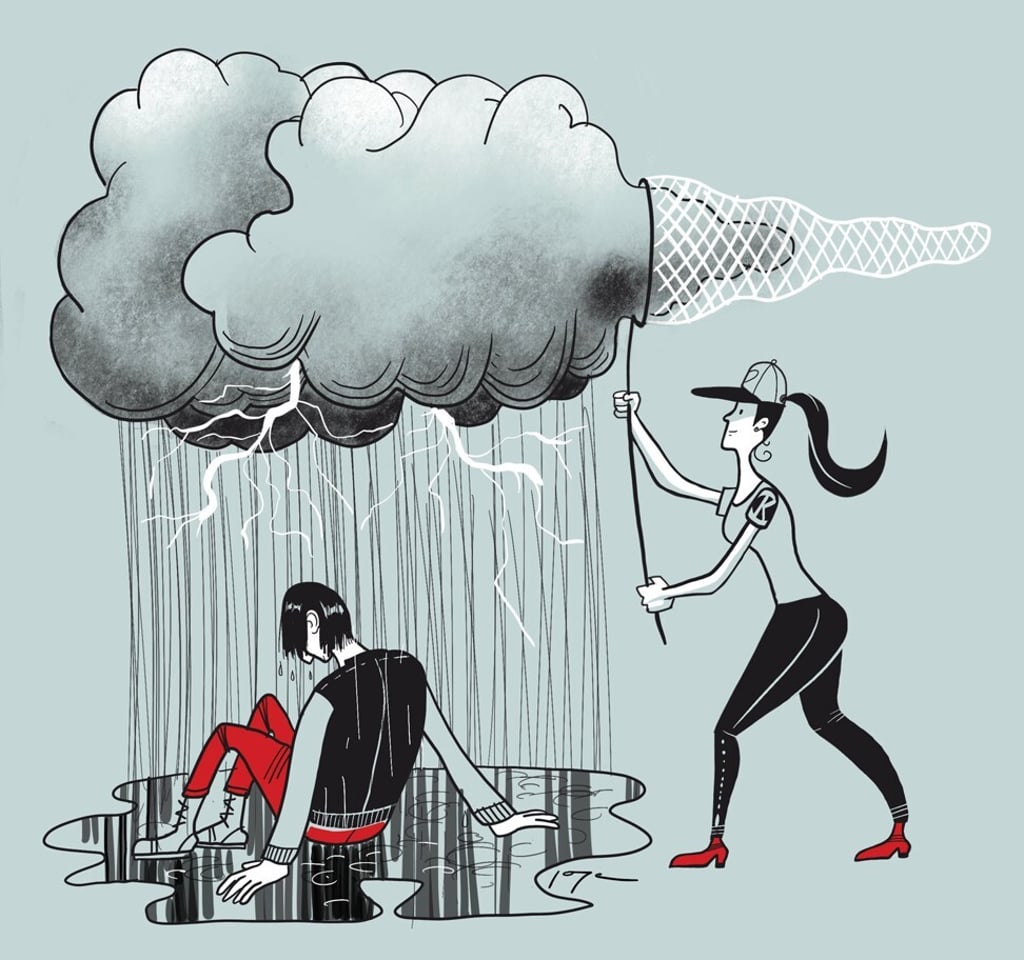The Naked Truth | Dating and depression: how to help your partner beat the blues and keep your love for each other intact
- Focus on helping yourself as well as your loved one, because you also need to be mentally and emotionally well to give your partner support
- Reach out to a professional, such as a psychologist or psychiatrist, for an assessment, to gain the appropriate treatment

When someone you love is depressed, it’s likely that you will also be affected – if not overwhelmed – by a mix of emotions such as frustration, sadness, and helplessness.
If your partner suffers from clinical depression, some of your initial thoughts would probably include at least one of the following: What can I do to help them? What triggered their depression? What’s it like to feel depressed? And how will it impact our relationship?
When you have a partner dealing with depression, bear in mind that everyone’s experience with this illness is different, and it’s OK if you feel a bit confused and frustrated from time to time. But don’t let these negative emotions fester and take over.
Understand that how they feel has nothing to do with you; nor is it a reflection on your relationship with them, even though sometimes they might push you away. What they are going through or feeling is not their choice, and nor are they in control of it.

What you can do is to focus on helping your loved one as well as yourself, because you also need to be mentally and emotionally well to give your partner support.
So how can you tell if someone has depression or is struggling to cope with their condition?
